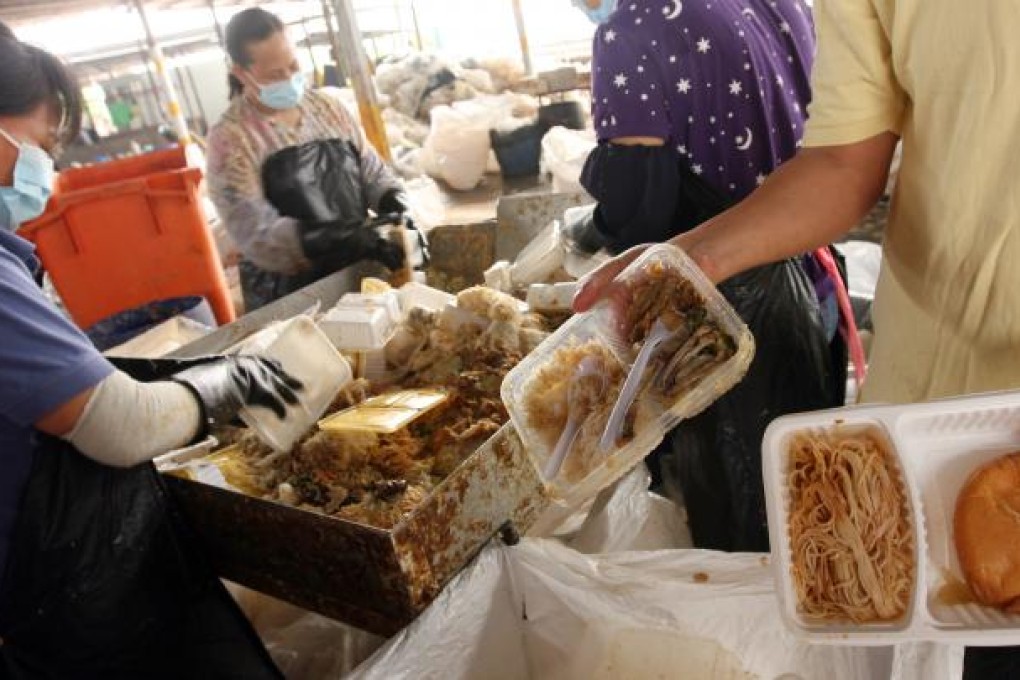Waste not, want not
Thomas Tang says this festive season, we should reflect on why we squander valuable resources and our own health by eating too much

The environment minister's statement on food waste and waste charges this week comes as a welcome boost for campaigners who have argued for years against Hong Kong's profligate habits. It should also spark a wider food debate.
As societies prosper, eating habits change. Today, we put more food on the table than we can possibly eat. In Hong Kong, obesity among the young is now a concern and, combined with a lack of daily exercise, is becoming a time bomb for us. If eating habits do not moderate, we will face a hefty health bill in the coming 20 to 30 years because we need to treat more patients with diseases associated with obesity.
More worryingly, the shift to eating more meat is now the blight of affluent societies like ours. A diet heavy in meat has been linked to heart disease, strokes, and breast and colon cancer. Less meat is a good thing; eating less generally will improve our health, and less food waste will help ease pressure on our landfills.
The carbon footprint of our food is also a concern. Hong Kong depends on food imports, which comes with a high carbon price because of the distance they have to travel from source. Environmentalists have been encouraging us to eat more local produce to reduce the energy needed for transport, thus mitigating climate change.
The production of food also requires a lot of water. For example, it takes roughly 17,000 litres of water to produce 1kg of beef. The festive season is a time for celebration, but we often forget that the tables groaning under the weight of turkey and ham platters, and other goodies, come at a high price in resource use. If your conscience is pricked by this, do something different - go vegetarian for a day.
Moreover, the existence of food banks is a sign of a society under stress. In Hong Kong, it means that against the backdrop of capitalism and great wealth in some quarters, not everyone enjoys the basic right to adequate food. And socially responsible citizens are doing more than the government to change this.
